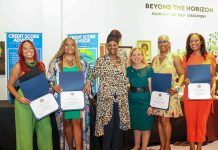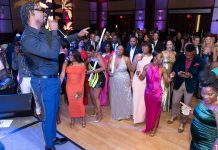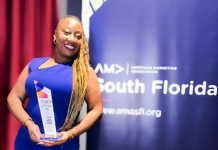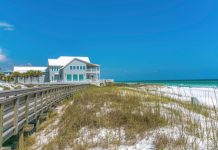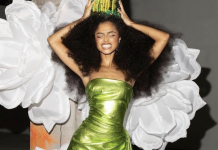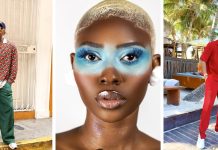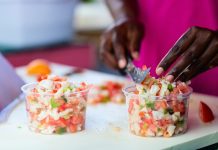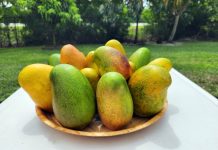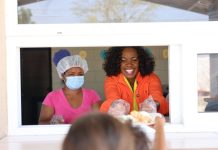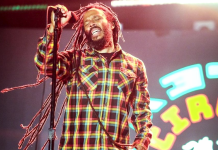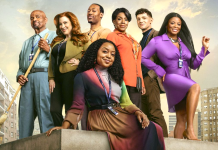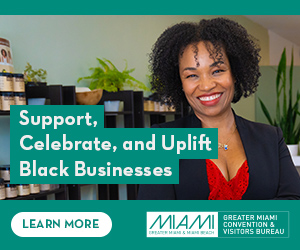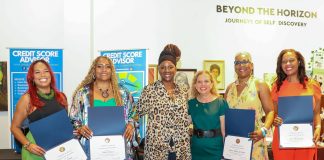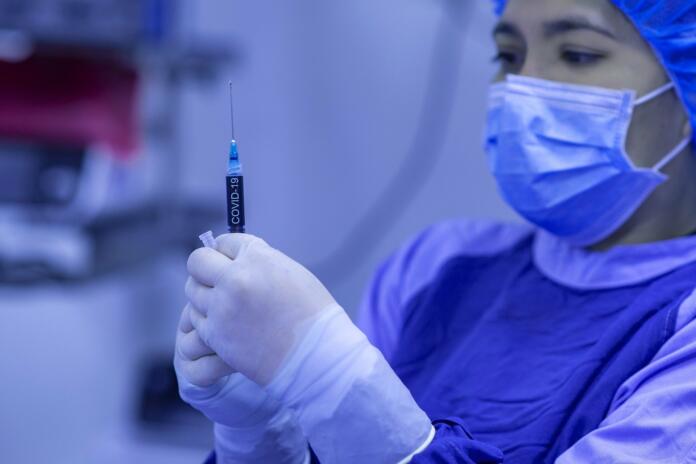
Government, community, and faith-based leaders join forces to champion the fight against COVID-19
The new year has brought with it more daunting challenges in the African American community’s fight against COVID-19. More transmissible variants of the coronavirus have emerged and are swiftly sweeping their way across the United States. This latest trend in the year-long pandemic is especially troubling for Black people, who are 4 times more likely to be hospitalized and 3 times more likely to die of COVID-19 than white people. Despite these stark numbers, COVID vaccination rates for African Americans are among the lowest of all ethnicities. In fact, February data from the Centers for Disease Control and Prevention (CDC) indicates that only 5.4% of Black people have received their first dose of the COVID vaccine compared to 60% of white people.
As of March 22, all Florida residents over the age of 50 are eligible to receive the vaccine, and Governor DeSantis has approved eligibility for all individuals 18+ to receive the vaccine starting April 5. However, according to a January poll from the Kaiser Family Foundation, 43% of African Americans are still reluctant to get the COVID-19 vaccine; taking a “wait and see” approach to find out how well the vaccine works for other people.
African American communities are still brimming with mistrust following historical and contemporary experiences of medical discrimination, including the decades-long Tuskegee experiments and the Henrietta Lacks saga. These are just two of many scars that still resonate today and are at the forefront of the Black community’s view of the country’s COVID-19 vaccine rollout through a skeptical lens.
To share accurate information about COVID-19 and the vaccine rollout with African Americans, the Black Doctors Against COVID-19 (BCAC) hosted a recent Facebook Live event, “Making it Plain: What Black America Needs To Know About COVID-19 and Vaccines,” an episode in an important and informative series which features the nation’s top Black medical experts as well as faith-based and social organization leaders who are keeping Black Americans informed about what we need to know about COVID-19 and vaccines. Here we will be sharing some important insights from that conference.
Good News Ahead
For the moment, the worst wave of the current coronavirus infections seems to be behind us. According to a recent March report from the CDC, the average number of new COVID cases have declined by almost a whopping 79% compared with the highest peak on January 11.
Even more good news on the horizon, we now have three vaccines which the FDA has approved for emergency use and which are reported to be safe and very effective(Moderna, Pfizer, and Johnson & Johnson which is a one-shot dose vaccine).
As America mass vaccinates the population in hopes of continuing to lower infection rates and death totals, Dr. Nunez-Smith, one of the event’s guest speakers and director of the White House’s Health Equity Task Force, said that’s why the Biden Administration is taking the imperative steps to lessen the impact of social determinants which affect Black communities.
“We have to make sure that vaccinations are free,” Dr. Nunez-Smith said. “That is an important consideration. But vaccination alone is not sufficient. Specific to COVID-19, we have to make sure everyone has equal access to things like testing for COVID.”
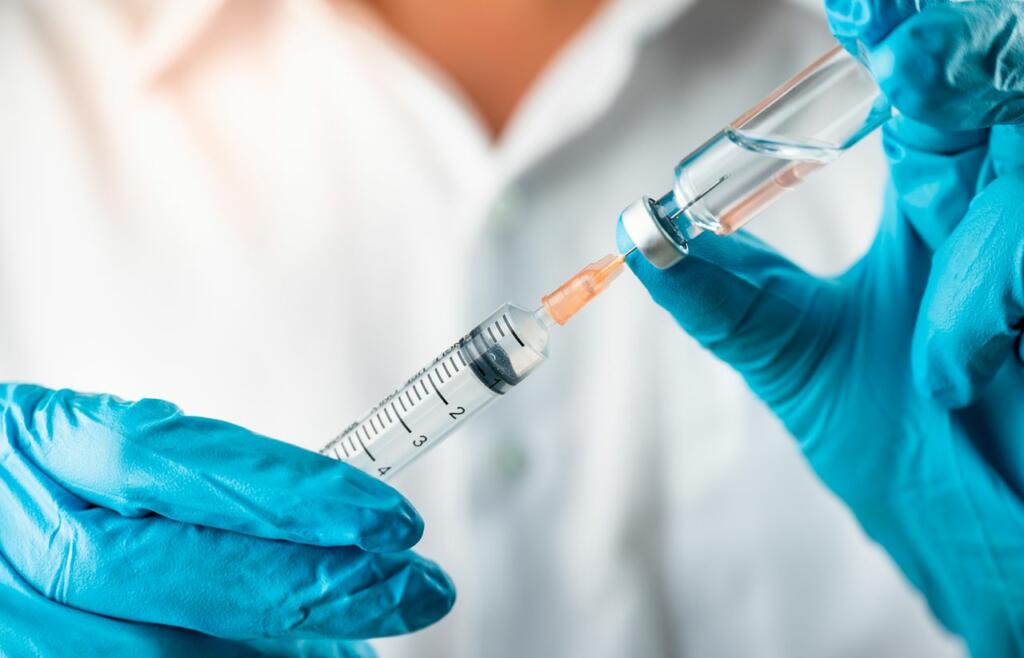
Racial Equality in Vaccine Roll-Out
Also at the center of the issue of equity in the dissemination of COVID vaccines to African Americans is Dr. Helene Gayle, CEO of the Chicago Community Trust. She’s also co-director of the prestigious National Academies of Medicine committee which was commissioned last fall by the CDC to submit recommendations for a framework which will help to determine how the COVID-19 vaccines can be distributed equitably.
Dr. Gayle noted the framework recognizes that communities of color have been the hardest hit and are disproportionately affected by the pandemic. This concern also relates to the impact of racism. Dr. Gayle said this has made the project a landmark undertaking. “It’s the first time that equity has been front and center in title and design of a vaccine rollout,” she said.
However, here are concerns in the Black community that the process of distributing the COVID-19 vaccines needs to be improved. Marc Morial, President and CEO of the National Urban League, has echoed this uneasiness about the dissemination of the COVID-19 vaccines for African Americans. He says the vaccine distribution strategy relies too heavily on hospitals and chain pharmacies, making it insufficient to get the job done.
Morial is strongly urging the Biden Administration to make fast and radical changes to the COVID-19 vaccine distribution plan across the United States. He said a broader approach of having nurses, doctors, nurse practitioners and physician assistants administer the vaccine in community-based sites, schools and libraries would be a more effective and “common sense” solution to getting shots of the COVID-19 vaccines into African American’s arms.
Fostering Trusting Relationships
Another dilemma regarding COVID-19 is the misinformation, a lack of information and deep-seated mistrust in the Black community regarding the vaccines and the process used to develop them. Morial said this has led to the concern, for some African Americans, that the vaccine development was rushed or that the process is attached to ghosts of the Tuskegee experiments. To confront these concerns, Morial suggests that government, states, counties and cities foster broad engagement, public relations and advertising campaigns to provide Black communities with accurate information, helping to create transparency relating to the vaccines.
Morial has also noted that it’s key to have the right messengers amplify medical advice and messages about COVID-19 to our communities. “The right messengers are African American physicians, doctors and scientists,” he said. “Those medical professionals who we respect in the Black community, from the Black medical schools, from the Black professional associations, have examined, looked at, reviewed the process and have green lit it.”
As some states continue to struggle with closing the racial gap in the number of COVID-19 vaccinations for African Americans, Black pastors and other faith-based leaders are taking the reins as the respected messengers about the virus in the Black community.
One of those respected messengers is Reverend Calvin Butts, pastor of the nationally renowned Abyssinian Baptist Church in New York. He is also co-chair of the Choose Healthy Life Black Clergy Action Plan which addresses COVID-19 and other health disparities in Black communities.
“Our community has been the one that’s been the least informed, often left out and of course manipulated,” Reverend Butts said. “We’re trying to save lives.”
In late-January, Reverend Butts rolled up his left sleeve to get his first dose of the Pfizer vaccine, along with his wife Patricia at their historic church, which was New York city’s first church to administer the vaccine. He is continuing to be a champion for the cause. He’s spreading the gospel, encouraging his congregation and other faith-based communities to rise above reluctancy, trust the COVID-19 vaccines and take the “leap of faith” to get vaccinated. This really gives us our best “shot” to stay healthy, combat COVID-19 and the more contagious virus variants and win the war that’s being waged against the virus.
Darryl Sellers is the Public Relations Director for Creative Marketing Resources, a strategic marketing agency in Milwaukee and a partner of the BCAC.
For more information about COVID-19, health, wellness and upcoming BCAC Facebook Live events: Black Coalition Against COVID-19, a key health resource for African Americans
Black Doctor.org, the world’s largest and most comprehensive online health resource specifically targeted to African Americans


